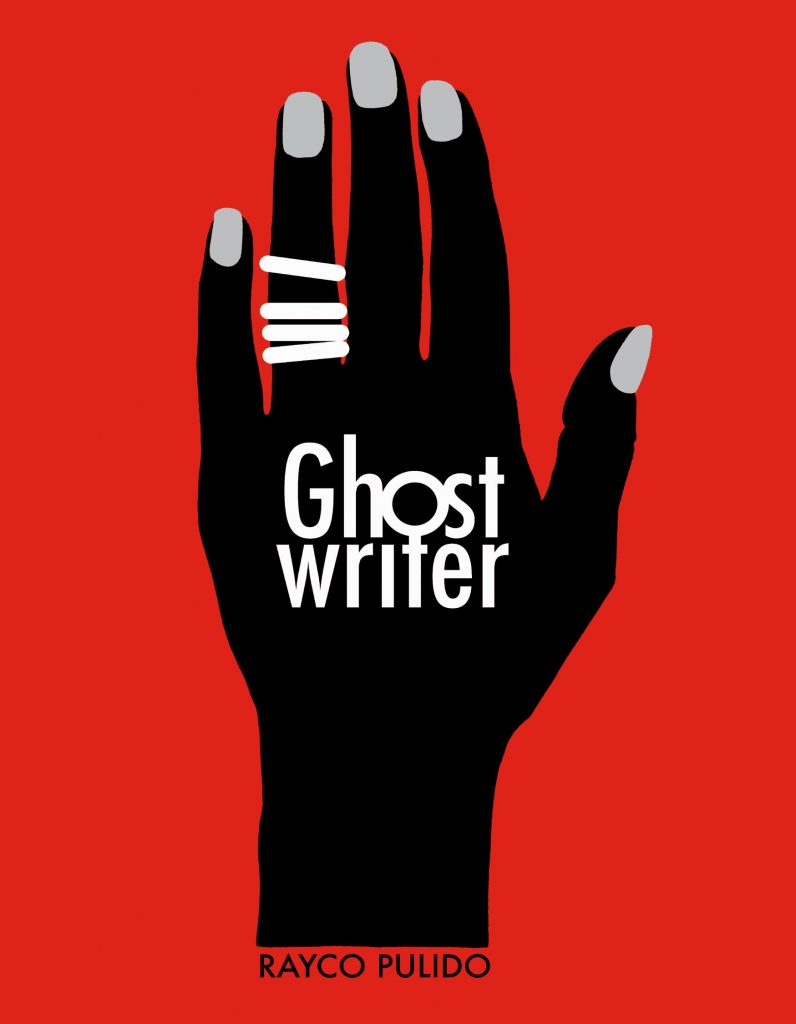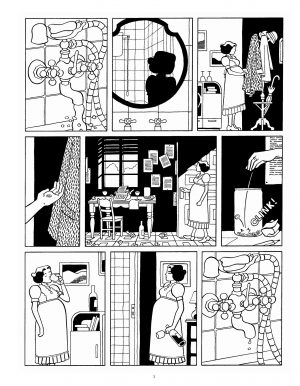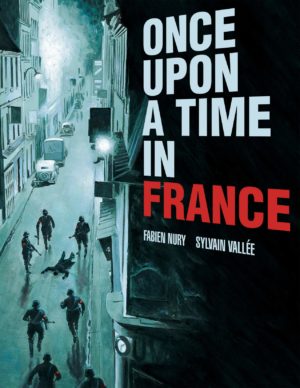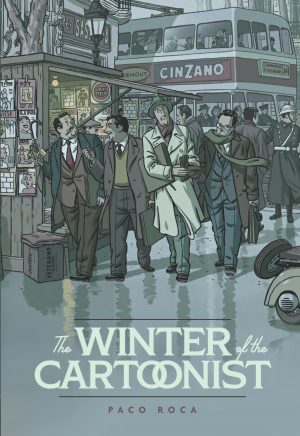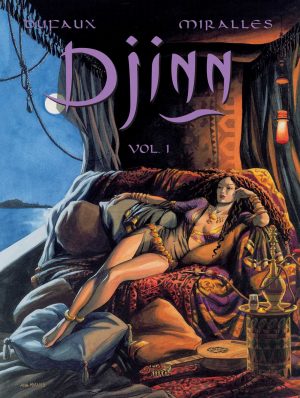Review by Karl Verhoven
Under its original title of Lamia, Ghostwriter won Spain’s National Comic Award in 2017, and creator Rayco Pulido defines his story as a black comedy in eighteen acts. It lives up to the description in studying the contradictions and hypocrisies of Spain in 1943, and little reading is required to notice the subtleties and complexities of Pulido’s methods, and the attractiveness of his stark black and white composition. Careful attention needs to be paid to that art as well as the text to fully grasp Ghostwriter‘s tale of deception and manipulation.
We learn early that lead character Laia practices both, but the purpose remains a mystery for a while. She works for a church sponsored radio show writing responses offering advice to women who divulge their marital problems, but some of these are covertly submitted by Laia. At home she composes alternative, never to be broadcast responses not following church doctrine, but liberating. Complicating her life is that her husband is missing, and she engages the services of a private investigator who also specialises in hypnotic techniques.
Through the life of a woman who’s learned how to manipulate, Pulido guides us through the repressive, patriarchal system women lived under in Franco’s Spain, gradually unravelling some mysteries in what proves to be an utterly compelling narrative. The personalities are diverse and eccentric, each of them integral to the tightly woven plot Pulido constructs. As well as Laia and her peculiarities we’re shown a legless war veteran beggar, and the odious police chief as a reminder of the times. “The usual protocol gentlemen”, he addresses his thuggish troops, “Bust down the door and go to town. I want a good raid”. The visual exactitude cements the personalities, the police chief being a small man with glasses who under other circumstances would be a victim himself. Everyone is precisely defined, their faces beautifully composed from a collection of shapes as much as lines, and the splashes of red during moments of brutality provide effectively gruesome highlights.
Those moments of brutality are key to the unfolding story, which is darkly funny and ultimately tragic, Pulido constantly confounding tradition and expectation as he cleverly ends in the same place he began. Considerately, he also supplies some historical context for English language readers, and in doing so reveals how much more there is to be appreciated about Ghostwriter. It’s a masterpiece, no question.
